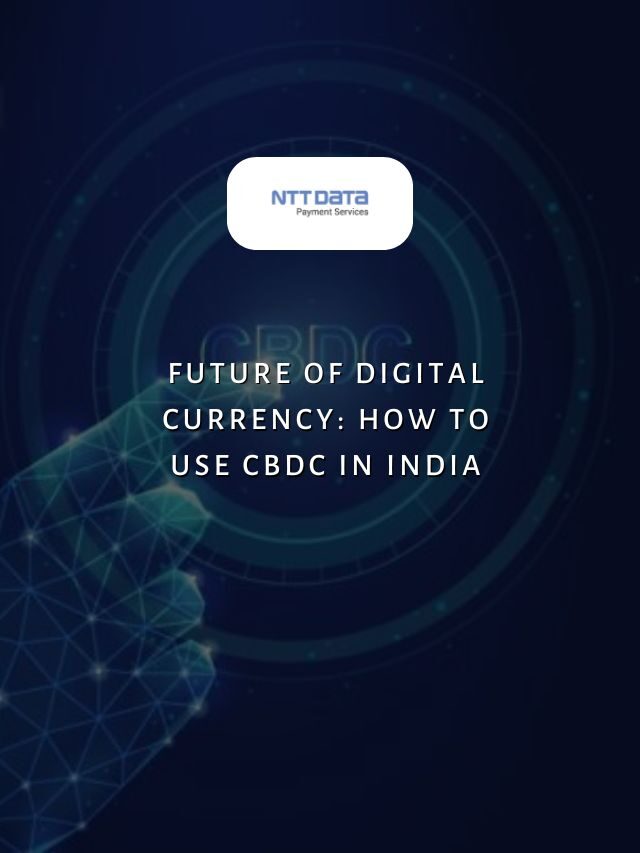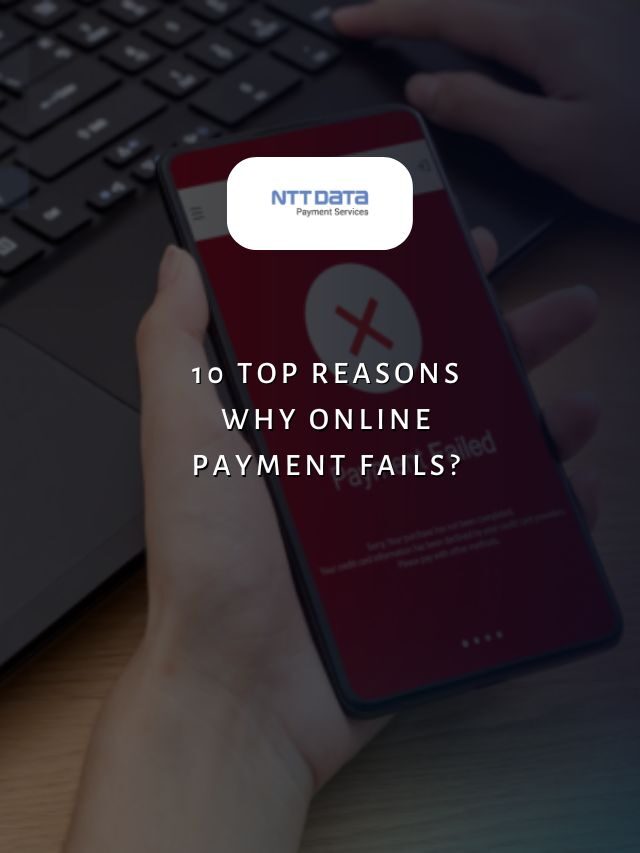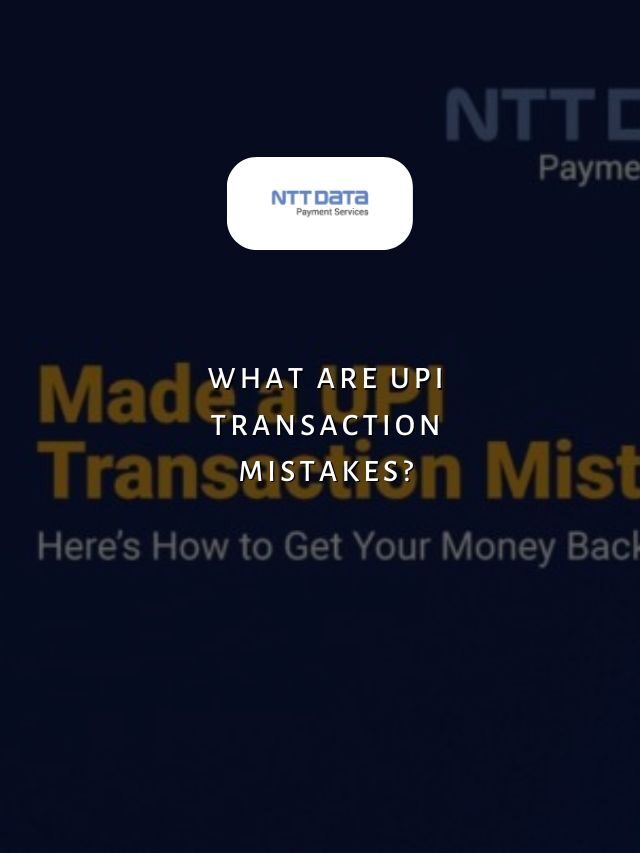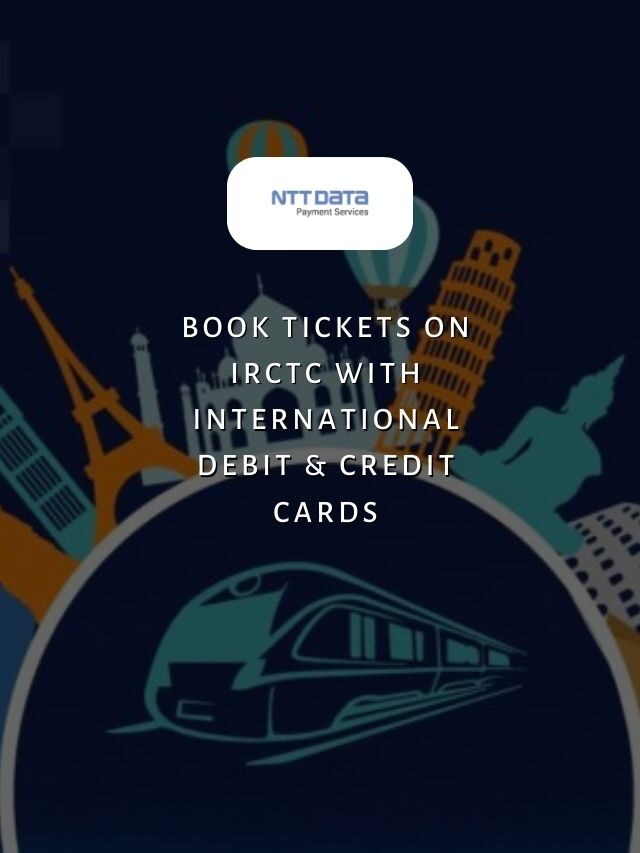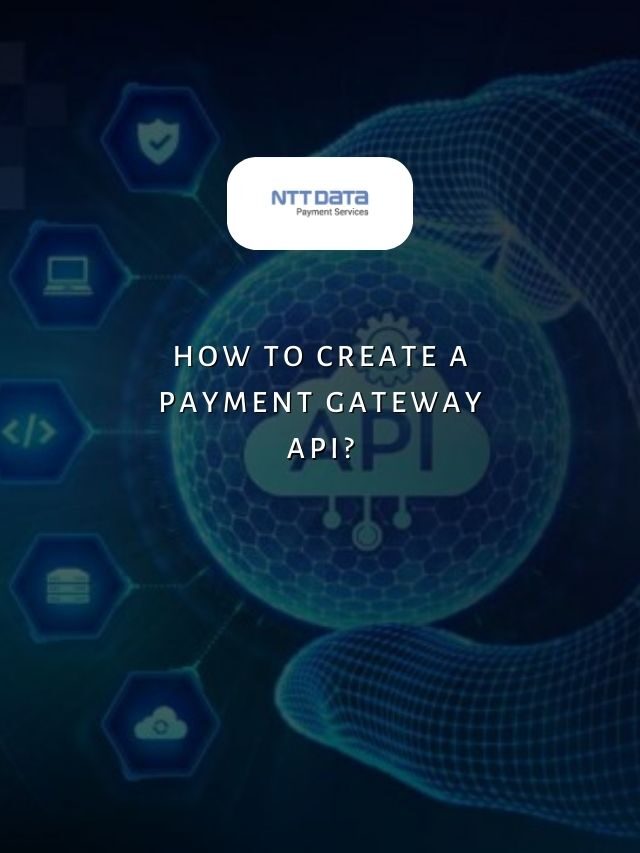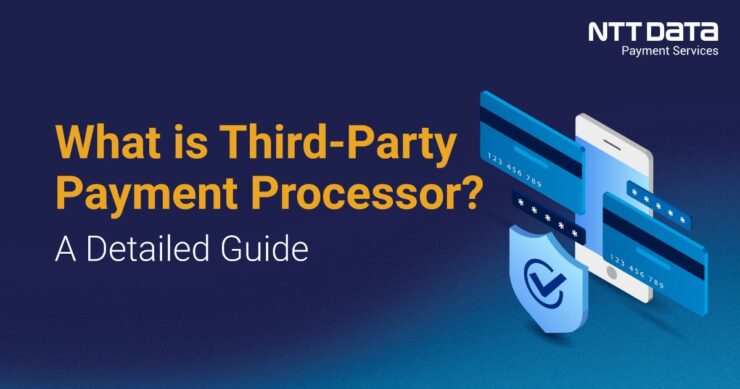
Table of Contents [show]
Accepting convenient online payments has become essential for businesses of all sizes. However, directly processing payments involves significant technical, financial and compliance burdens that most merchants do not have expertise in.
This blog aims to provide a detailed overview of what exactly a third-party payment processor is and how it enables online transactions.
A Guide to Third-Party Payment Processor
As consumer preference for contactless checkout experiences continues to rise, those unable to support digital transaction options risk losing customers and falling behind competitors. However, directly processing payments involves overseeing complex regulatory compliance requirements.
This is where partnering with a specialised third-party payment processor can provide merchants with a scalable solution. By leveraging an established processor’s pre-existing infrastructure and expertise, businesses of all sizes can gain access to advanced payment capabilities.
What is a Third-party Payment Process?
A third-party payment processor is a specialised firm that businesses partner with to accept and manage payments online and offline. Processors connect merchants securely to major credit and debit card networks through their proprietary platforms.
They handle all technical payment integration, compliance with industry standards, fraud prevention, and fund settlement, allowing merchants to focus on their core business while benefiting from fast, seamless, low-risk digital transaction capabilities.
Recent Web Stories
Working of Third-party Payment Processors
1. Merchant Onboarding
- Merchants apply for an account and submit the required KYC documents.
- The processor sets up the merchant profile and issues API keys/credentials.
2. Integration
- Merchant integrates the processor’s SDK/API into their website/app checkout flows.
- Plugins are also available for eCommerce platforms like WooCommerce, Shopify, etc.
3. Payment Collection
- Customers enter their payment details like card, net banking or wallet on the merchant site.
- This sensitive data is submitted securely to the processor via API in real time.
4. Authorisation
- The processor verifies payment details with issuing banks in milliseconds.
- An approval or decline response is sent back to the merchant.
5. Transaction Settlement
- Approved transactions are batched and settled periodically (usually daily).
- Funds are deposited directly into the merchant’s bank account.
6. Fraud Prevention
- Tools analyse risks based on parameters like frequency, location, etc.
- Suspicious transactions are flagged and require additional verification.
7. Dispute Management
- Processors support merchants in handling payment-related customer disputes.
- They work with issuing banks to resolve chargebacks where possible.
8. Reporting
- Detailed sales, volume, and risk reports are available on processor dashboards.
- Merchants can track KPIs, identify trends and optimise operations.
9. Ongoing Support
- Processors provide 24/7 support on payments, integrations and compliance.
- Regular account management and upgrades to their platforms.
Merchant account providers Vs. Third-party processors
Here are common differences between merchant account providers and third-party processors.
| Merchant account providers | Third-party processors |
| Responsible for underwriting merchants, funding settlement accounts and handling all regulatory/compliance requirements. | Focus on building robust APIs/platforms and providing value-added services around payments. |
| Manage chargebacks and directly settle approved transactions. | Rely on merchant account providers for settlement but can offer additional risk scoring and tools. |
| Require merchants to apply for individual accounts and be directly responsible for all associated costs. | Merchants sign up for virtual terminal/gateway access through a single processor account. |
| Have direct visibility into merchant business and transaction details for underwriting. | Only have indirect access to merchant information via APIs or their partner bank accounts. |
| Maintain direct relationships with card brands as principal members and sponsors. | They are not directly involved in card brand sponsorship but help merchants accept major payment methods. |
With the payment processors’ omnichannel solutions, you can accept payments across websites, mobile apps, physical retail stores, mail/phone orders and more.
Benefits of Working with Third-party Payment Processors
Here are some benefits of working with third-party payment processors.
- Processors ensure all PCI, data security and industry compliance requirements are met.
- Sensitive financial data is handled securely due to processors’ certified infrastructure.
- No need for expensive merchant accounts or in-house development of payment systems.
- Payments can be accepted quickly by integrating processor APIs/plugins vs building from scratch.
- Processors free up merchants to focus on products/services vs payment complexities.
- Processors provide value-added tools for recurring billing, fraud prevention, advanced analytics, etc.
- Most processors support a wide range of online and offline payment options globally.
- As business grows, processors can scale to support higher transaction volumes seamlessly.
- Dedicated processor teams help with integrations, risk management and payment troubleshooting.
- Processors continuously upgrade platforms to incorporate new payment technologies and regulations.
Also, check on the challenges of payment processors.
Choosing the best third-party payment processor – NTT DATA Payment Services
Choosing the right processor is an important decision to ensure seamless transactions and regulatory compliance. Third-party payment processors like NTT DATA Payment Services provide merchants with a secure, scalable and cost-effective solution to accept digital payments.
NTT DATA Payment Services offers a complete payment solution to advance both your offline and online businesses from,
- Online Payment Gateway in India
- POS machines
- IVR payments
- Mobile applications, and
- Bharat QR Scan and Pay
We ensure maximum comfort, convenience, and safety for all your payments.
Partnering for Payments to Maximise Conversions and Grow Revenue
Third-party payment processors provide merchants with a secure, scalable and cost-effective solution to accept digital payments globally. By offloading complex technical, financial and compliance responsibilities, processors act as a single integration point for multiple payment options.
Their services around fraud protection, reporting, subscriptions and omnichannel support help optimise the checkout experience. Whether a small business or large enterprise, partnering with a reputable payment processor can simplify payment processing workflows and accelerate business growth.
| Also, you can get frequent updates on nttdatapayments Instagram page. |
Third-Party Payment Processor: FAQs
1. What are the benefits of using a payment processor?
Processors handle payment security and compliance so merchants can focus on their business. They provide fast, global payment processing and value-added services.
2. How do I choose a payment processor?
Consider factors like pricing, supported payment methods, additional tools, reputation, customer support and how well they integrate with your platforms.
3. What payment methods do most processors support?
Popular methods include major credit/debit cards, ACH/bank transfers, digital wallets, EMI, UPI, QR Scan and Pay, and local payment options depending on the country/region.
4. Can I accept both online and offline payments?
Yes, many processors provide omnichannel solutions to accept payments across websites, mobile apps, physical retail stores, mail/phone orders and more.

